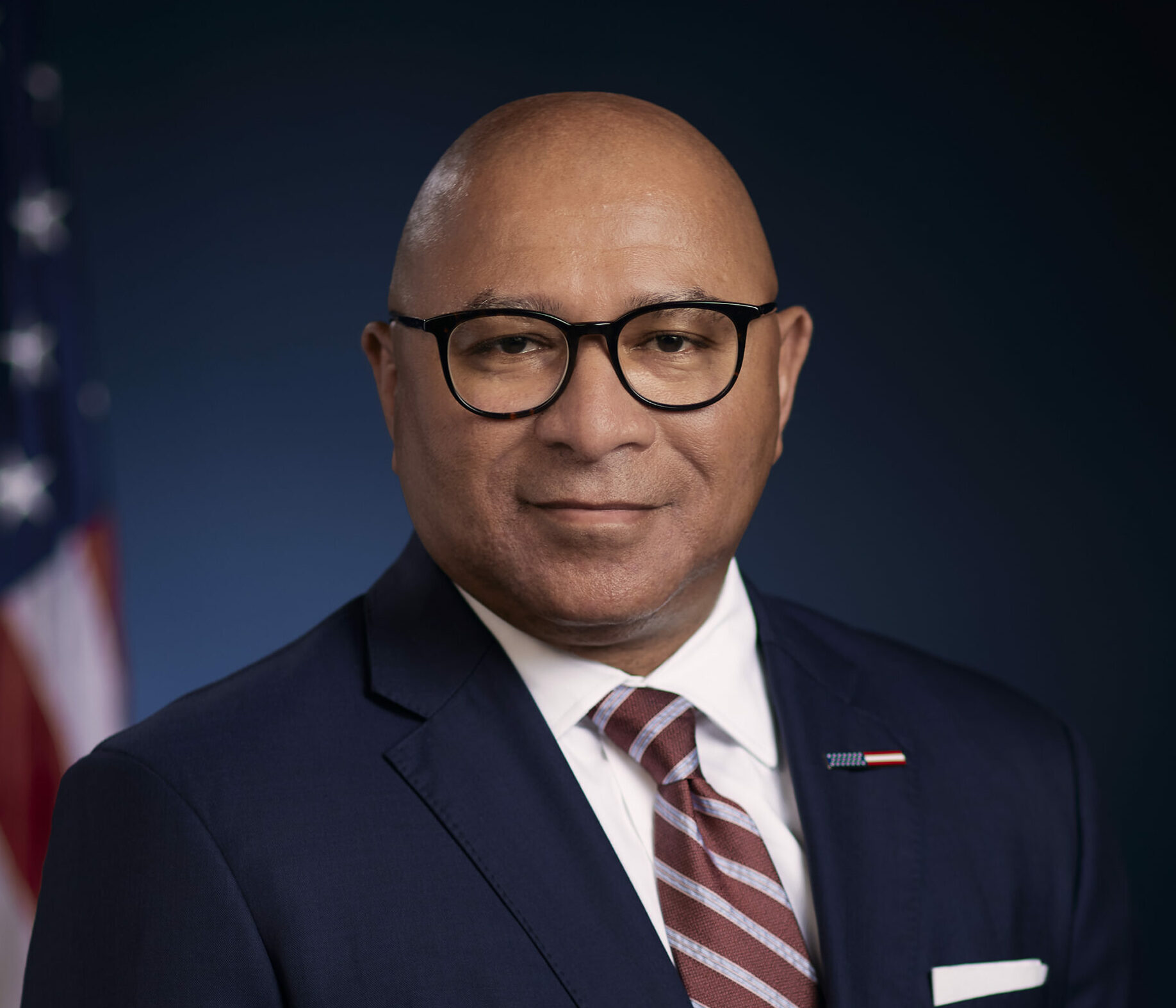One man’s “shell game” is another’s “fair game.” That is how to look at State Auditor General Timothy DeFoor’s report on a dozen Pennsylvania school districts – including five in the Philadelphia suburbs – whom he says shifted around money in their budgets to avoid referendums in which voters would decide whether to approve property […]

